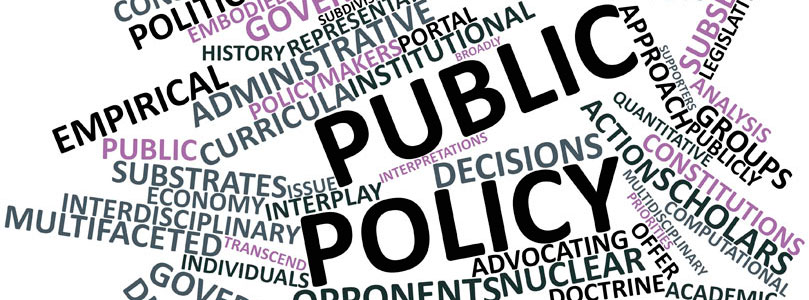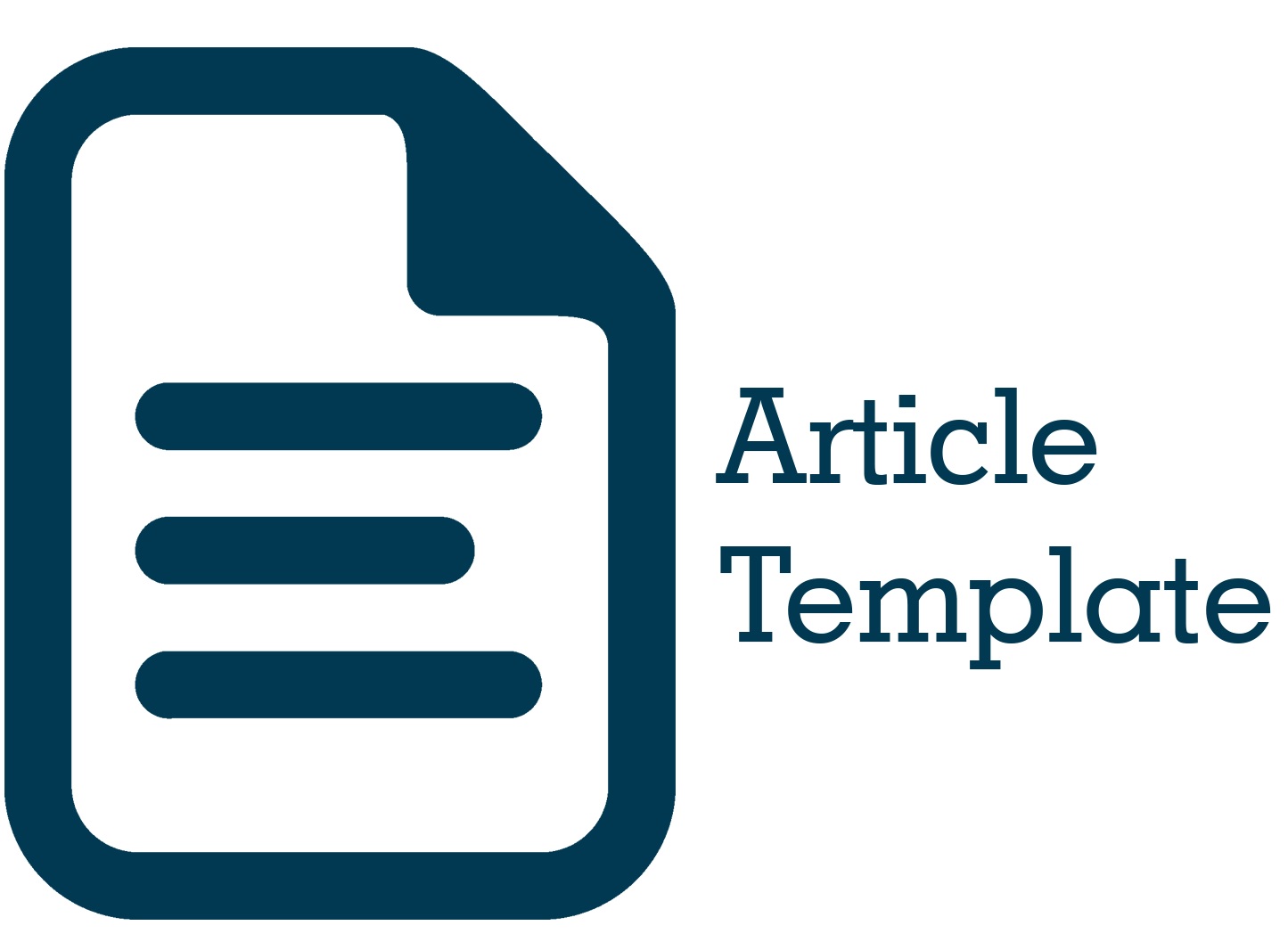Paradigma Good Governance Dalam Peningkatkan Kualitas Pelayanan Administrasi Kependudukan
DOI:
https://doi.org/10.51135/PublicPolicy.v4.i2.p645-662Keywords:
Good Governance, Public Services, Population AdministrationAbstract
The government in public services is expected to provide good services to the community so that the community needs effective and efficient time management. The Bojonegoro Regency Government received an award for excellent public service from the Ministry of State Apparatus Empowerment and Bureaucratic Reform. The aim to be achieved in this research is to determine the good governance paradigm in improving the quality of population administration services. This research uses a qualitative method with a descriptive approach to collect information based on the aim of describing the good governance paradigm in improving the quality of population administration services. The results of this research reveal that the good governance paradigm has been implemented well by the Bojonegoro Regency Population and Civil Registration Department. In the conclusion above, there are 9 principles of good governance which indicate that these principles have been implemented, but there is still two indicator of good governance principles that have not been implemented.
Downloads

Downloads
Published
How to Cite
Issue
Section
License
Authors whose manuscripts are published in the Journal of Public Policy must agree to the following terms;
- Publication rights for all manuscript materials published are held by the editorial board with the author's consent.
- The legal formalities for digital access to the Journal of Public Policy are subject to the Creative Commons Attribution Sharealike (CC BY SA) license, which means the Journal of Public Policy has the right to store, redistribute, reformat, manage in a database, maintain, and publish the manuscript without seeking permission from the author as long as the author's name is included as the copyright owner.
- Published manuscripts are open access for the purpose of disseminating research results. Besides this purpose, the editorial board is not responsible for copyright law violations.


.png)



